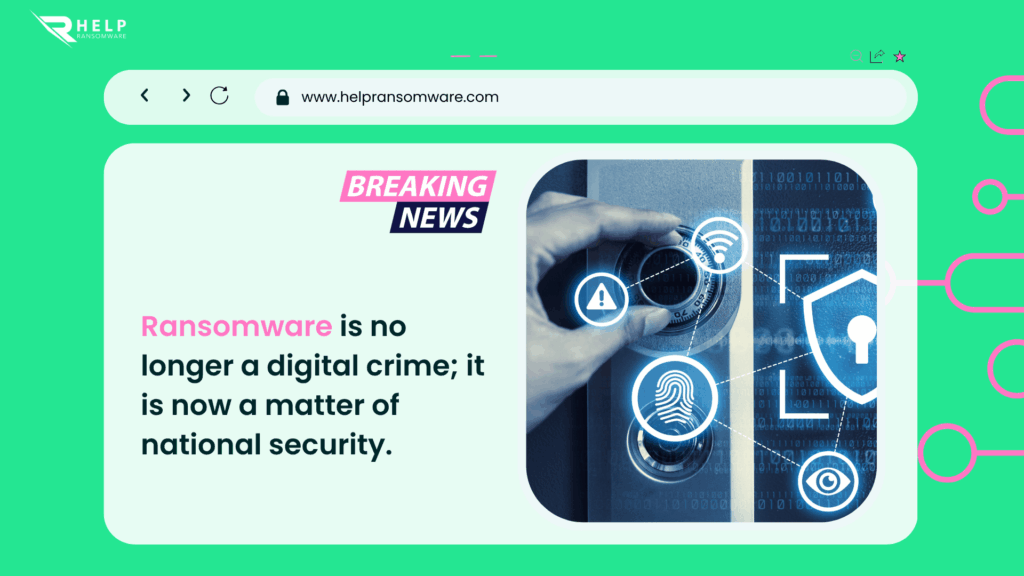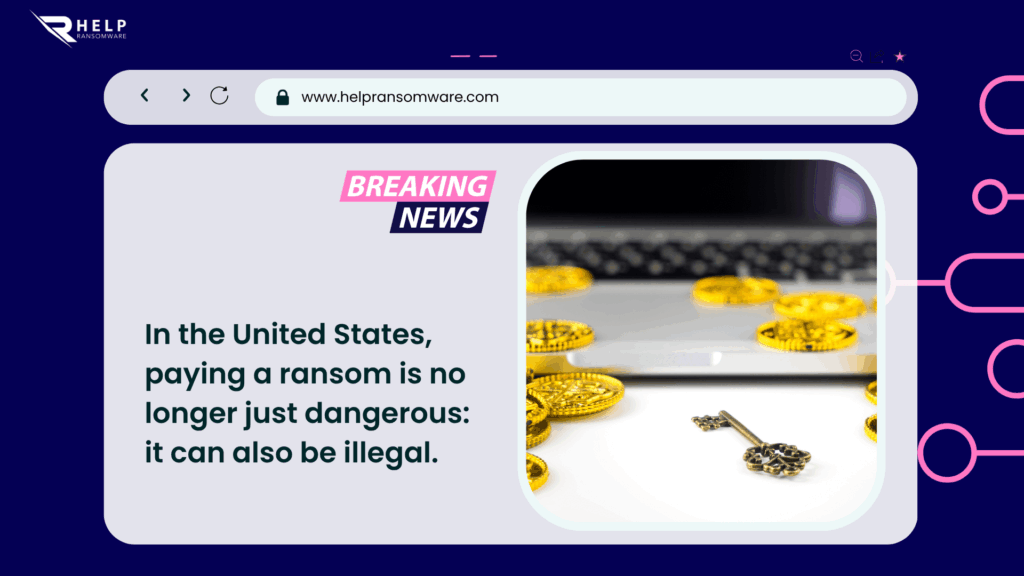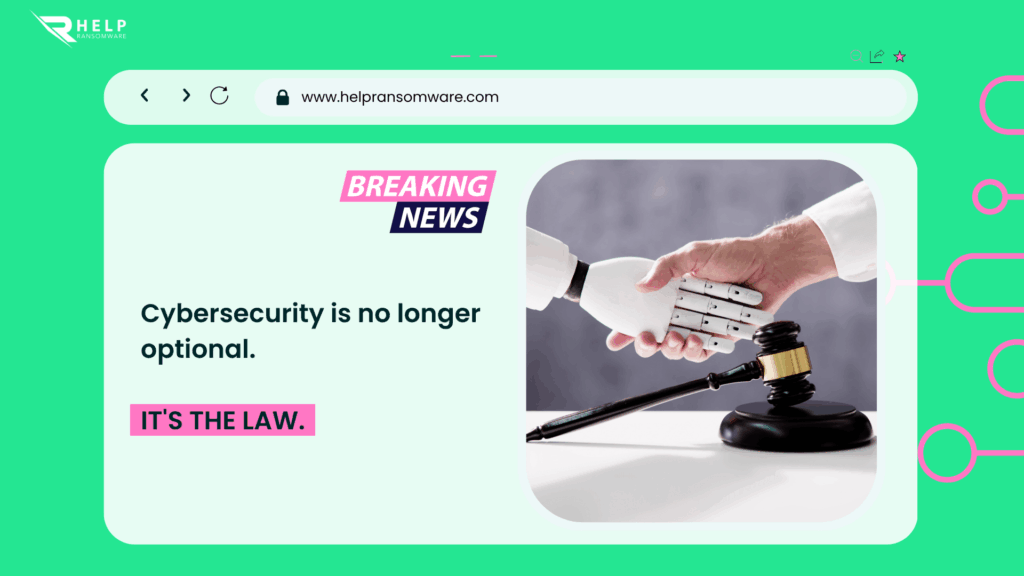Governments aren’t just reacting—they’re acting. The new wave of legislation in Europe and the United States seeks to curb the threat of ransomware with stricter regulations, tougher penalties, and international collaboration.
Ransomware is now a state problem
For years, ransomware was viewed as a technical problem. Today, however, it has become a national security priority for major powers. The growing wave of attacks against critical infrastructure, hospitals, insurance companies, and local governments has led both the European Union and the United States to update and tighten their legislation to curb the devastating impact of this threat. According to recent statistics on computer attacks, ransomware remains one of the fastest-growing threats globally.

United States: Sanctions, FBI, and Cooperation with Companies
Since 2024, the U.S. government has implemented new measures through the Department of the Treasury, expanding sanctions for those who pay ransoms to sanctioned groups, such as organizations linked to Russia, Iran, or North Korea.
The FBI has strengthened its cyber response program and is encouraging cooperation with companies to report attacks immediately, allowing cryptocurrency payments to be tracked and blocked before they reach their destination.
Additionally, a law is being discussed in Congress that would make it mandatory to report a ransomware attack within 72 hours, under penalty of economic sanctions.

Europe: NIS2, DORA and cross-border collaboration
The European Union has launched the NIS2 Directive, which will fully enter into force in October 2024, requiring companies in strategic sectors to comply with strict cybersecurity standards. These include:
- Early detection protocols
- Incident response plans
- Mandatory reporting of attacks within 24 hours
This initiative is supported by official guidance such as ENISA, showcasing how NIS2 will change incident notifications.
The DORA (Digital Operational Resilience Act) regulation particularly affects the financial sector, imposing very strict controls on third-party providers, such as cloud services or management software. The directive is part of a broader push to promote more resilient systems and ransomware protection at national and European levels.
Cyber intelligence sharing centers have also been created among Member States, coordinated by ENISA and Europol, to track transnational attacks.
What does this mean for businesses?
These measures represent a radical change: companies must no longer just protect themselves , but also comply with complex regulatory frameworks . Failure to do so could result in multimillion-dollar fines, loss of licenses, or, worse, permanent reputational damage.
At HelpRansomware, we help organizations adapt to the new legal environment and develop active defense strategies that comply with the latest regulations, including fast ransomware data recovery solutions to minimize impact.

Conclusion: Regulations are evolving, and you?
Legal tightening won’t stop all attacks, but it does require businesses and governments to be prepared . At HelpRansomware, we believe the best defense is anticipation: legal compliance, ongoing training, and rapid response.
Are you ready for what’s next?
Protect your business, comply with regulations, and keep your reputation safe.



